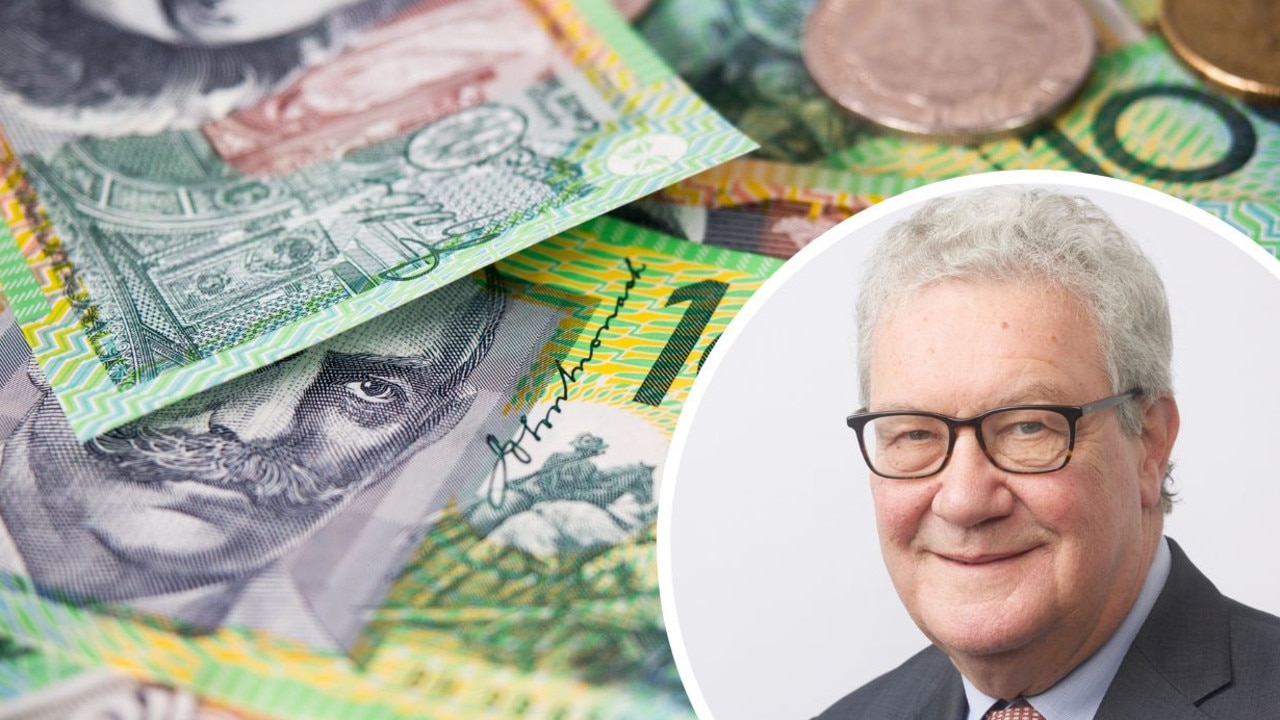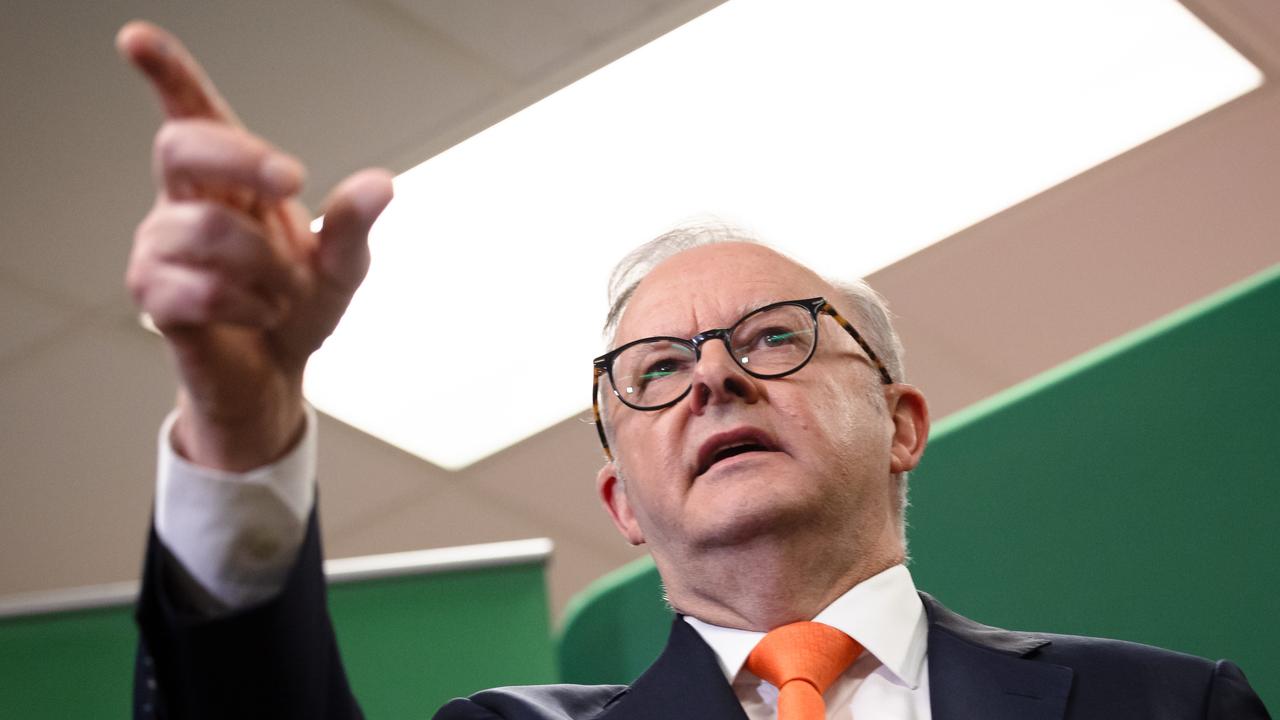‘Disastrous election defeat’: Nation provides huge clue about Aussie election
Australians will head to the polls in just a few weeks – and one man on the other side of the planet could change everything.
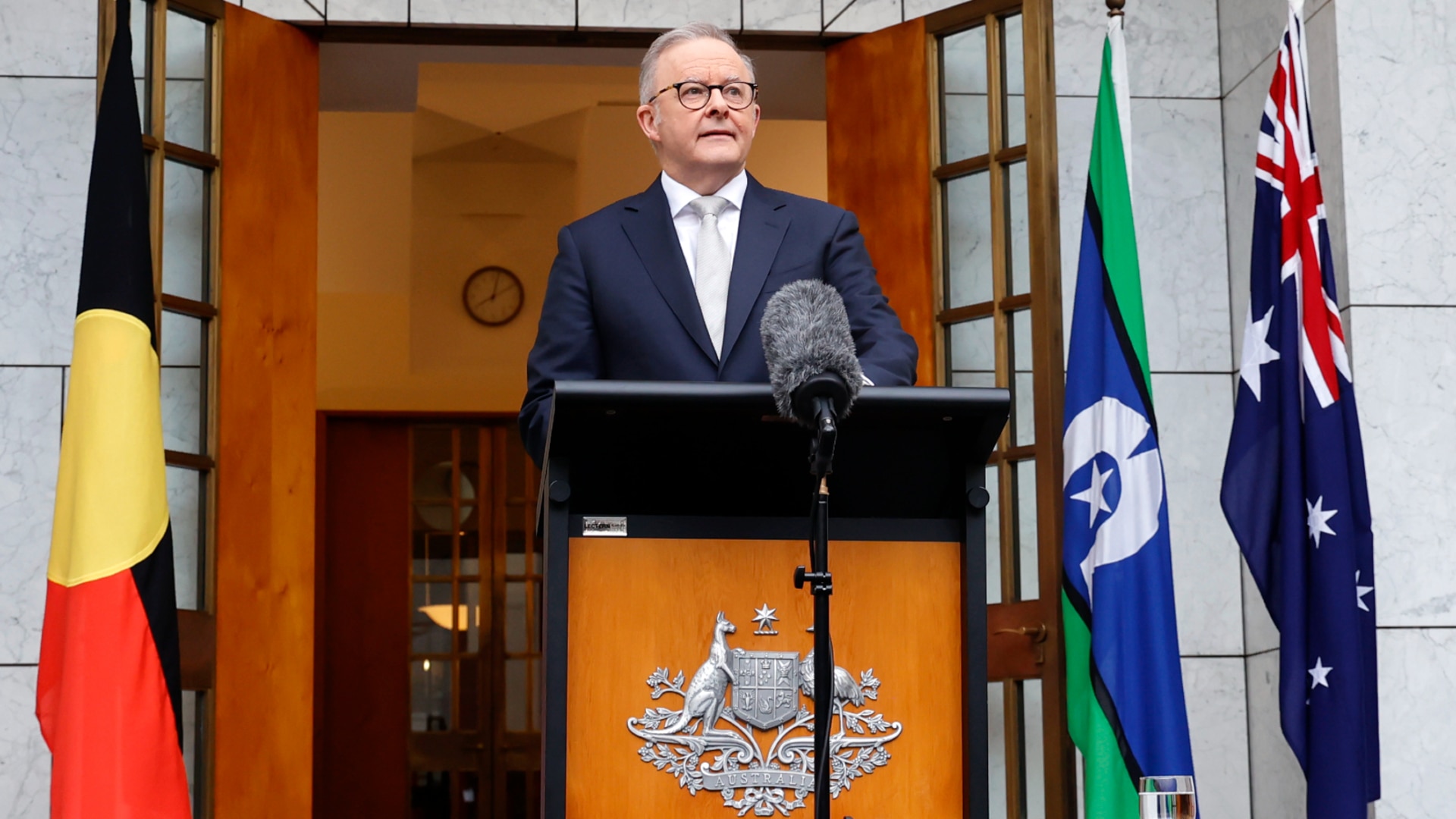
Analysis
Don't miss out on the headlines from Analysis. Followed categories will be added to My News.
ANALYSIS
When US President Donald Trump began imposing tariffs on long-term US allies, he kicked off a sequence of events that would echo through domestic political spheres throughout the world.
In less than three months, Mr Trump’s rhetoric and trade actions have transformed the Canadian political landscape.
Just a few weeks before the 78-year-old’s inauguration, projections for the upcoming Canadian federal election had the incumbent Liberal Party (the left-wing major party in Canada) losing up to 139 of their 160 seats in the 338-seat House of Commons.

Yet just months after being on track for a disastrous election defeat, polls have not only tightened, but projections now show the Canadian Liberals making large gains and winning a commanding majority in parliament.
https://t.co/AyhqAV1ks2 Federal Electoral Model Update | (March 26)
— Charestiste🇨🇦ðŸ (@RealAlbanianPat) March 27, 2025
🔴LIB: 204 seats (+7)
🔵CON: 116 seats (-3)
🔷BQ: 20 seats (-4)
🟠NDP: 2 seats (-)
🟢GRN: 1 seat (-)
🔴Liberal Majority Government
(+/- change from yesterday)
👇Link: https://t.co/lwZuNl8q0lpic.twitter.com/AsJ7khPzbS
In Australia, with less than two months until the next federal election, the polls have things much, much closer, with less than 1 percentage point separating them on a two-party preferred basis, according to a breakdown from polling analyst Kevin Bonham.
https://t.co/uBuAlXvxsv Poll Roundup: Coalition Support Slides In Pre-Budget Polling
— Kevin Bonham (@kevinbonham) March 23, 2025
51.0 (+1.4 in four weeks) to ALP by 2022 prefs, 50.4 with One Nation adjustment pic.twitter.com/8SxO8HKuHr
Which raises an interesting question – could the side effects of President Trump’s policies and the Coalition’s attempts to emulate elements of his agenda be a boost to the fortunes of the Albanese government in what promises to potentially be a tightly-contested election?
A slumbering dragon
In recent times, there is a not a week that goes by without some sort of headline about how the actions of President Trump are to directly impact Australia.
In the first few weeks of his administration, the impact was contained to the steel and aluminium manufacturing industries, for which there was no exception from the 25 per cent (or more) tariff on all imports of these two products into the United States.
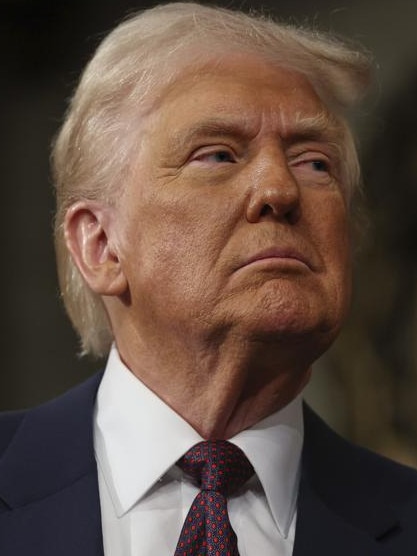

But since then, Australia’s universities have also been hit, with the Trump administration withdrawing $600 million worth of funding for various trials and studies.
There are also growing concerns that attempts by the US pharmaceutical industry to undermine the nation’s Pharmaceutical Benefits Scheme (PBS) could see the Trump administration place tariffs on Australian-manufactured pharmaceuticals, roughly 40 per cent of which flow to the US.
However, there is another proposal which has crossed the President’s desk, but has not yet been implemented – and it could have far greater implications for Australia directly.
Based on a draft Executive Order dated February 27, the United States would begin charging docking fees for all ships entering US ports which were either made in China or registered in China.
This comes in the wake of a US Trade Representative office proposal to levy fees of up to $2.27 million ($US1.5 million) on Chinese vessels entering American ports.
The order goes on to state that it will push US allies to do similar or face retaliation from Washington.

In a scenario where Australia was pushed to impose this sort of fee, it could have consequences for consumers and the nation’s trade relationship with China.
And in terms of incoming trade, if implemented it would add costs to imports of consumer goods which someone would ultimately have to shoulder, whether it be importers, manufacturers or consumers.
For the nation’s exporters, it would also add costs to consumer goods heading overseas, but the biggest impact could be felt by companies exporting bulk commodities such as agricultural produce and mined resources out of the country.
The value of a load of iron ore or coal is far lower than that of a container ship packed with consumer goods, so the relative cost of docking fees could potentially be significantly greater, depending on how the proposal would be implemented.
Ultimately, the nation’s largest trading partner, China, is unlikely to be too pleased to be confronted with higher costs imposed at the behest of the Trump administration.
If President Trump attempted to impose this draft Executive Order prior to our own federal election, the reaction of the electorate to how the Prime Minister and Opposition Leader manage the development could potentially contribute significantly to the election’s outcome.
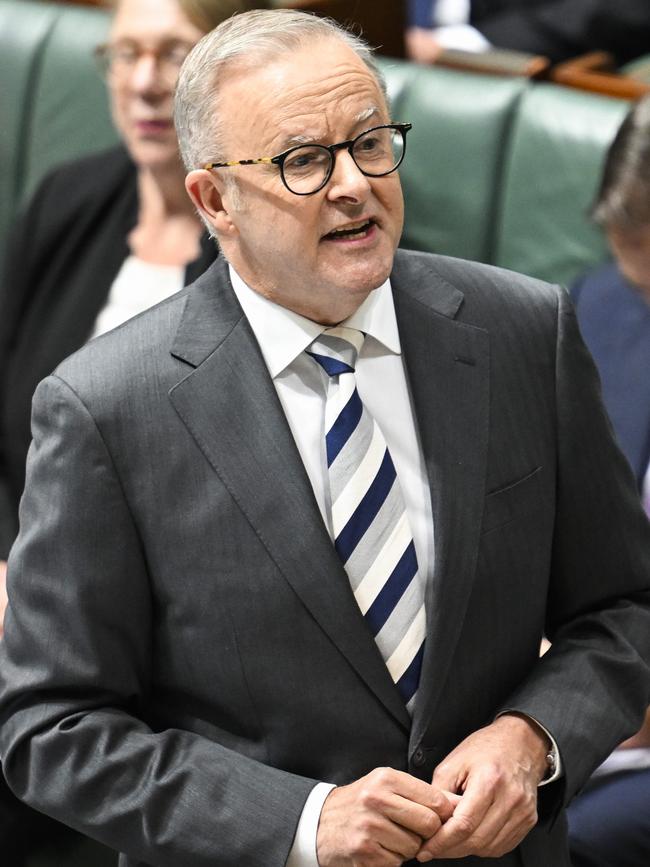
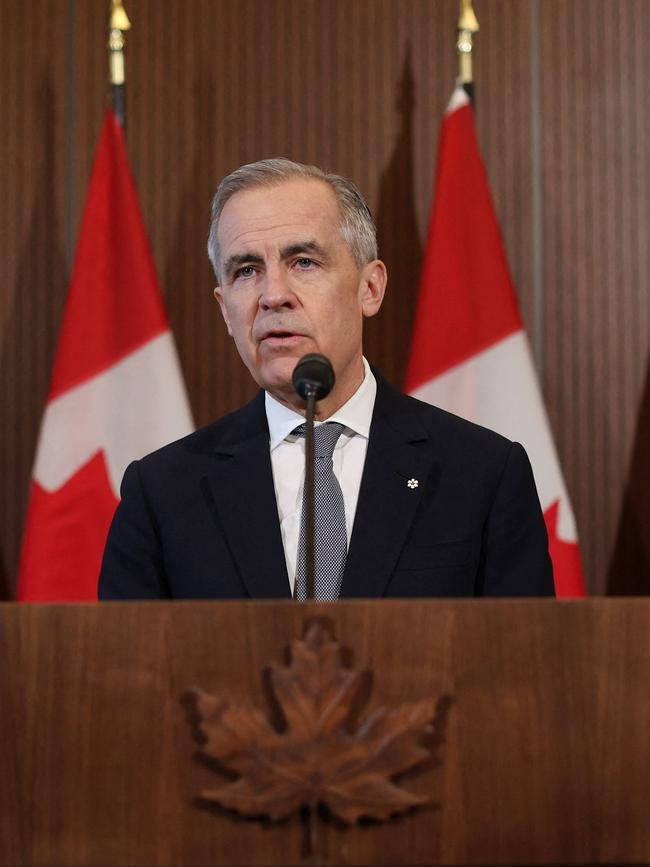
Political implications
Many leaders throughout the Western world are enjoying a bit of a boost to their popularity due to the “Rally Around The Flag” effect stemming from President Trump’s policies – which leaves one wondering, to what degree could Mr Trump’s actions boost the fortunes of the Albanese government come election day?
Roy Morgan CEO Michele Levine recently shared her thoughts on this issue as part of a press release with the company’s recent federal polling data.
“The Albanese Government has consistently attempted to associate Dutton with President Trump and Trump’s more controversial policies and rhetoric. This campaign may be starting to have an impact as Trump’s actions, including imposing tariffs, begin to directly impact Australians,” she said.
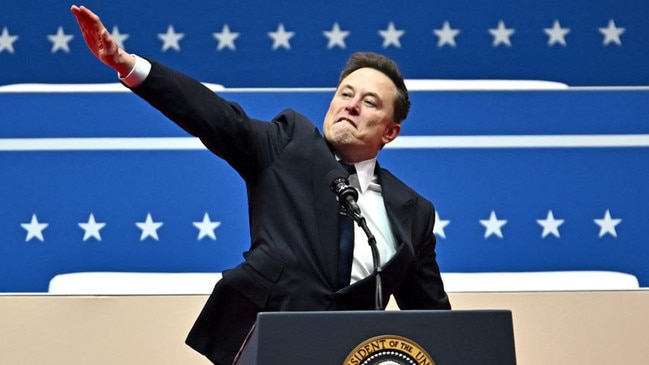
The Opposition’s attempts to emulate elements of the Trump agenda, such as the creation of a Shadow Minister of Government Efficiency, may also prove to be detrimental to the Coalition’s cause in net terms.
The so called “broad church” that is potential Coalition voters represents a far wider ideological spectrum than the traditional US Republican Party base, which may not take as kindly to the promise of elements of the Trump agenda being implemented in Australia.
The degree of influence Mr Trump has over Australia’s upcoming election is effectively up to the President.
He could remain occupied with other issues and turn his attention to Australia at a later date – or he could shift his crosshairs to our corner of the South West Pacific and potentially impact the fortunes of the Opposition as he already has in Canada.
Tarric Brooker is a freelance journalist and social commentator | @AvidCommentator
Originally published as ‘Disastrous election defeat’: Nation provides huge clue about Aussie election




